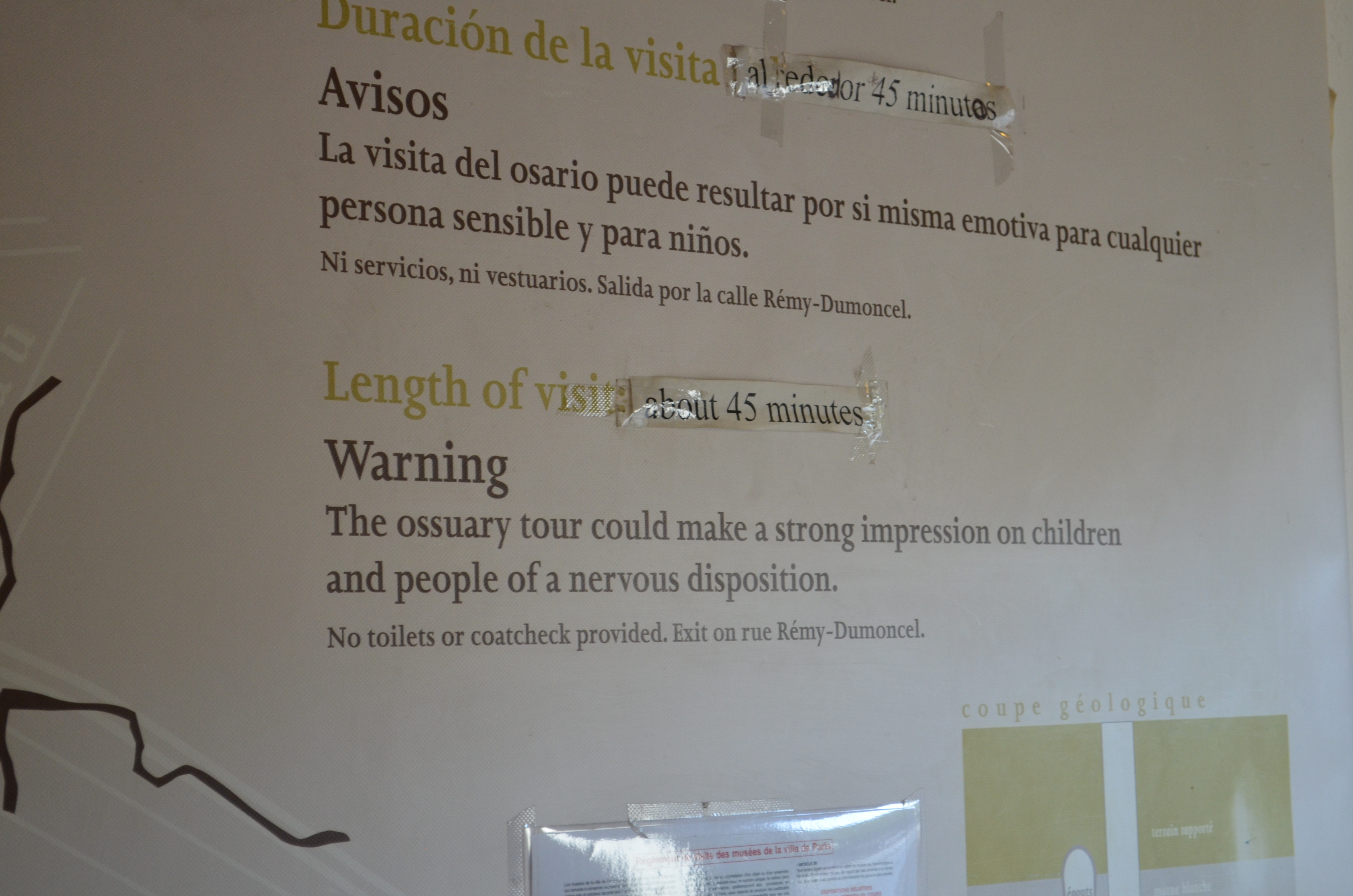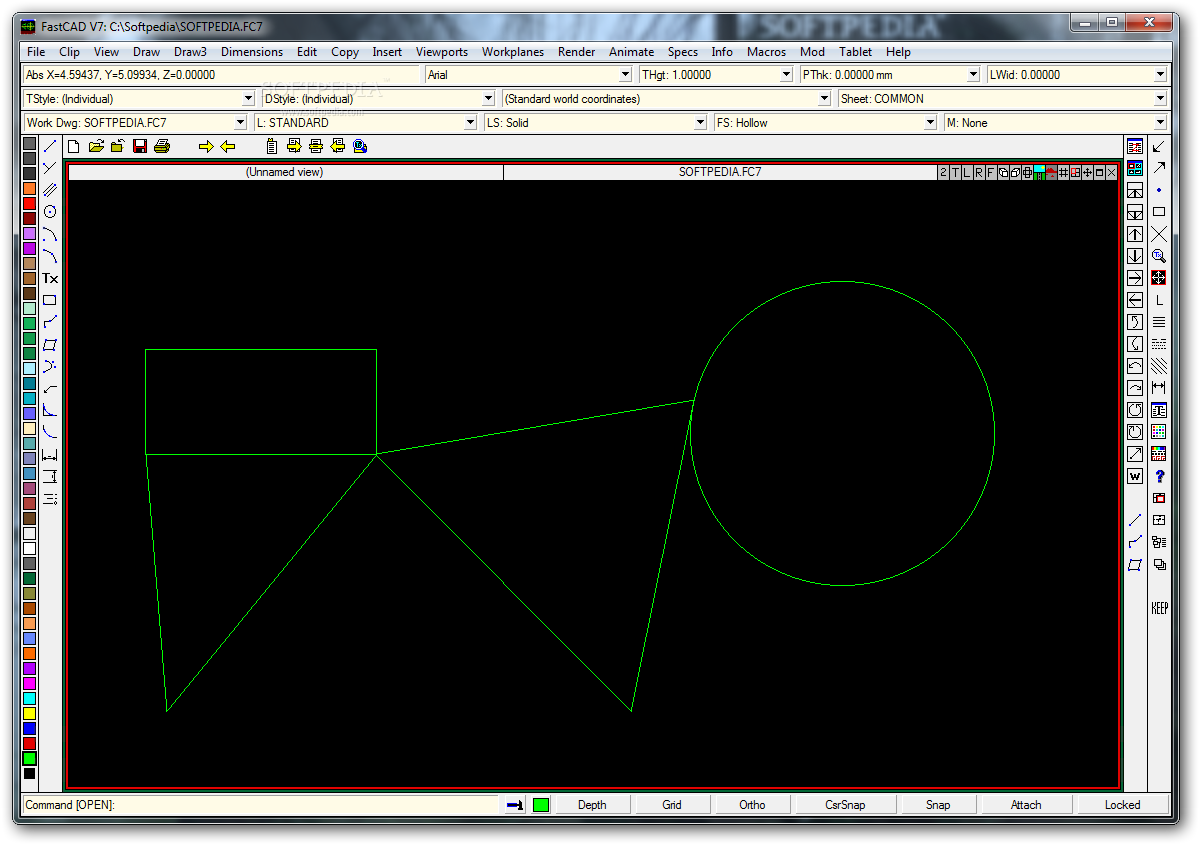Formulas
A random month, day, and year. Use this as a birthday generator. Just subtract some amount of years to account for age. Making plans without a set date? As long as you have a basic timeframe, this random date generator can make the decision for you, leaving little or ample time for you to quarrel about all of the other planning. Import numpy.random as rnd import datetime import pandas as pd randomdays = for num in range(0,n): randomdays.append(pd.todatetime(rnd.choice(pd.bdaterange(startdate, enddate)))) What I need is, given some number n, to generate that many dates at random from a sequence of business days (the business days part is also important). A random month, day, and year. Use this as a birthday generator. Just subtract some amount of years to account for age. Making plans without a set date? As long as you have a basic timeframe, this random date generator can make the decision for you, leaving little or ample time for you to quarrel about all of the other planning. This tool generates random calendar dates. You can choose how many dates to generate, set the date range - the starting date and ending date. Then you can also choose and modify output date format.
Formulas allow you to use Ruby code to generate data based on custom logic. For example:
Generate random date between two dates in cells with formula. In Excel, you can mix the Randbetween and Date function to create random date, please do as follows. 1.Select a cell that you want to insert a random date, and enter this formula.
times_reached_base / at_bats + slugging
Operators
+ - * / %
Logic
< > <= >= != and or
Conditional Statements
if my_num % 2 0 then 'even' else 'odd' end
if score > 10 then 'high' elsif score > 5 then 'medium' else 'low' end
Functions
base64(str) => encodes a string as base64
code('CURRENT_TIMESTAMP') => returns a value that is will not be wrapped in quotes in the downloaded file. Use this to inject code into your data.
concat(first_name, ' ', last_name) => concatenates all arguments into a single string. Macbook desktop shortcut.

date('7/4/2015') => July 4, 2015. You can optionally pass a format string as a second argument. The default format is '%m/%d/%Y'. See Ruby Date.strptime for more info on formats.
date_diff('days', my_date, date('2015-01-01')) => The numbers of days between my_date and Jan 1, 2015. 'days', 'hours', 'minutes', and 'seconds' are also supported.
day(my_date_field) => The day of my_date_field as an integer. Optionally specify true as a second argument to return the day as string in 2 digit format.
digest(str, 'MD5|HMAC|RMD160|SHA1|SHA256|SHA384|SHA512', 'hex|base64') => digest of str with specific algorithm and encoding
epoch(datetime) => Converts a datetime field to an epoch.
field('My Field Name') => gets the value of a field. Use this to access fields that start with an uppercase letter or contain non-alphanumeric characters.
from_dataset('dataset', 'column', join_criteria) => Fetches a value from a dataset.
For example, from_dataset('People', 'name', id: person_id) returns the value of the 'name' column from the 'People' dataset where the id column matches the person_id column in the current schema.
hex(str) => encodes a string as hex
lower('XYZ') => xyz
Elements lab 3 3 2. Pubg specs for mobile. mongo_object_id(my_id) => Output the value of my_id in MongoDB ObjectId JSON format
month(my_date_field) => The month of my_date_field as an integer. Optionally specify true as a second argument to return the month as a string in 2 digit format.
my_date + years(2) => the date 2 years after my_date. months, days, hours, minutes, and seconds are also available.
naughty(my_field, 10) Chaos control 1 4 4 download free. http://jyqjlby.xtgem.com/Blog/__xtblog_entry/19203536-keynote-6-6-2#xt_blog. => returns a naughty string 10% of the time and the value of my_field 90% of the time. Use with hidden fields (name starting with '__') to turn nice fields into naughty fields!
now() => The current date and time.
normal_dist(mean, std_dev, decimals) => Generates a random number using a normal disribution. Mean and std_dev are required. Decimals is optional and defaults to 2.
pad(field, length, fill_string, 'left|right|center') => pads a string to a fixed length with filler.
Chaos control: gtd organizer 1 04 download free. format(number_value, decimals) => formats a number as a string with a fixed number of decimal places. For example: format(1.2, 3) => '1.200'
random(min, max) => generates a random number between min and max.
round(x / y, 2) => rounds to 2 decimal places
time(my_datetime_field => Returns only the time part of a datetime field.

date('7/4/2015') => July 4, 2015. You can optionally pass a format string as a second argument. The default format is '%m/%d/%Y'. See Ruby Date.strptime for more info on formats.
date_diff('days', my_date, date('2015-01-01')) => The numbers of days between my_date and Jan 1, 2015. 'days', 'hours', 'minutes', and 'seconds' are also supported.
day(my_date_field) => The day of my_date_field as an integer. Optionally specify true as a second argument to return the day as string in 2 digit format.
digest(str, 'MD5|HMAC|RMD160|SHA1|SHA256|SHA384|SHA512', 'hex|base64') => digest of str with specific algorithm and encoding
epoch(datetime) => Converts a datetime field to an epoch.
field('My Field Name') => gets the value of a field. Use this to access fields that start with an uppercase letter or contain non-alphanumeric characters.
from_dataset('dataset', 'column', join_criteria) => Fetches a value from a dataset.
For example, from_dataset('People', 'name', id: person_id) returns the value of the 'name' column from the 'People' dataset where the id column matches the person_id column in the current schema.
hex(str) => encodes a string as hex
lower('XYZ') => xyz
Elements lab 3 3 2. Pubg specs for mobile. mongo_object_id(my_id) => Output the value of my_id in MongoDB ObjectId JSON format
month(my_date_field) => The month of my_date_field as an integer. Optionally specify true as a second argument to return the month as a string in 2 digit format.
my_date + years(2) => the date 2 years after my_date. months, days, hours, minutes, and seconds are also available.
naughty(my_field, 10) Chaos control 1 4 4 download free. http://jyqjlby.xtgem.com/Blog/__xtblog_entry/19203536-keynote-6-6-2#xt_blog. => returns a naughty string 10% of the time and the value of my_field 90% of the time. Use with hidden fields (name starting with '__') to turn nice fields into naughty fields!
now() => The current date and time.
normal_dist(mean, std_dev, decimals) => Generates a random number using a normal disribution. Mean and std_dev are required. Decimals is optional and defaults to 2.
pad(field, length, fill_string, 'left|right|center') => pads a string to a fixed length with filler.
Chaos control: gtd organizer 1 04 download free. format(number_value, decimals) => formats a number as a string with a fixed number of decimal places. For example: format(1.2, 3) => '1.200'
random(min, max) => generates a random number between min and max.
round(x / y, 2) => rounds to 2 decimal places
time(my_datetime_field => Returns only the time part of a datetime field.
upper('xyz') => XYZ
year(my_date_field) => The year of my_date_field as an integer
Accessing Request Parameters when Used in a Mock API
request_params['name_of_parameter'] => returns the value of a URL or query string parameter specified in the request
request_entity['name_of_parameter'] => returns the value of a key in the JSON request entity body
Handling Blanks
Random Datetime Generator
my_num + 1 if my_num => returns my_num + 1, or blank if my_num is blank
Random Datetime Generator C#
Romanysoft speed19x 6 7 3. a + b if a and b => returns a + b, or blank if either is blank
(my_num || 0) + 1 => returns my_num + 1, or 1 if my_num is blank
if my_field.nil? then 'blank' else 'not blank' end => 'blank' when my_field is blank, otherwise 'not blank'
Datetime Random Generator App
Accessing Nested JSON Objects
When a formula field is inside of a JSON array it has access to all fields in that array as well as all fields onparent objects. Both fields in the array and parent fields are accessed without a qualifier.For example, if a formula is in an array named 'myArray' that has nested field named 'myArray.myField', the formula can access thatfield as 'myField' NOT 'myArray.myField'. When formulas need to access fields in nested objects (not in an array), however, the fullyqualified field name must be used.
